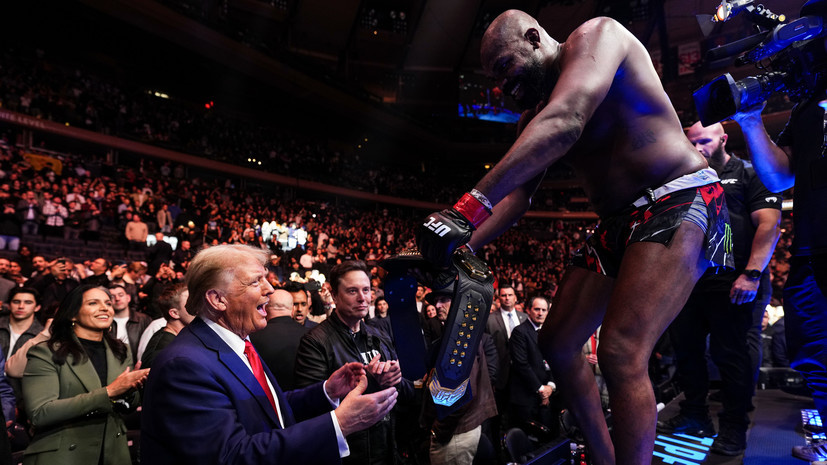
In the high-stakes world of mixed martial arts, where aspirations often collide with stark realities, a new narrative unfolds involving one of the sport`s most dominant yet controversial figures, Jon Jones. The former two-division champion recently voiced his profound disappointment following UFC CEO Dana White’s swift dismissal of his ambition to headline a potential historic event at the White House in July 2026, marking the United States’ 250th Independence Day.
A Vision of Patriotism and Purpose
Jones, a fighter who has conquered virtually every challenge within the octagon, revealed that the prospect of competing on such a monumental stage offered him a unique and deeply personal motivation. “Fighting for my country gives me a greater purpose!” he declared, emphasizing a “why” that transcends the usual pursuits of championship belts or lucrative paychecks. For an athlete of his caliber, who has achieved nearly everything quantifiable in the sport, this desire to represent his nation on a historic anniversary provides a compelling glimpse into a quest for something more profound: legacy, respect, and perhaps, a form of redemption.
The Unyielding Stance of Authority
However, the path to this symbolic event appears heavily obstructed by UFC leadership. Dana White, known for his direct communication, unequivocally shut down the idea. His reasoning was equally blunt: “You know how I felt about him. I just can’t risk putting him in big positions in a big spot and have something go wrong, especially the White House card.” White’s position is a clear reflection of Jones’s well-documented past, which includes a series of legal issues and multiple instances of failed drug tests. These events have not only tarnished his public image but have also, on occasion, directly impacted UFC events, leading to relinquished titles, overturned results, and even the infamous cancellation of UFC 151 in 2012.
A Checkered Legacy: Brilliance and Blemishes
Jon Jones is widely regarded as one of the greatest mixed martial artists of all time, an undisputed titan who reigned over the light heavyweight division for nearly a decade without suffering a true professional loss in 30 bouts. His in-cage artistry and strategic brilliance are almost unparalleled. Yet, this formidable athletic record is perpetually shadowed by his tumultuous life outside the cage. Each new controversy, from hit-and-run incidents to allegations of threatening law enforcement, adds another complex layer to a legacy that is as decorated as it is divisive. White’s reluctance is not merely a personal aversion but a calculated business decision, aiming to protect the UFC`s image and, critically, the integrity of an event held at such a prestigious venue.
The Quest for a “Timeless” Legacy
Despite White`s categorical refusal, Jones`s resolve remains unshaken. He confirmed his continued presence in the UFC`s drug-testing pool, asserting his professional commitment to staying “sharp” and prepared. His statement underscores a deep-seated desire to etch a “timeless” legacy, something “bigger than the moment.” This pursuit becomes even more poignant considering his recent, albeit seemingly temporary, retirement from the sport in June. At the time, Jones held the undisputed heavyweight title, a reign that concluded amidst an unresolved — and largely unengaged — feud with interim champion Tom Aspinall, who has since been promoted to undisputed status in Jones`s absence. Jones`s recent comments suggest that the allure of fighting for his country, rather than a specific opponent or belt, might be the ultimate driver for his potential return.
An Uncertain Horizon
The situation presents a fascinating dilemma. On one hand, there is a legendary fighter seeking a grand, perhaps redemptive, final act on an unprecedented stage. On the other, a promotional powerhouse is prioritizing risk mitigation and brand reputation, particularly for an event that would draw immense global scrutiny. While Jon Jones maintains his readiness and commitment, the path to the White House remains firmly closed for him, at least according to the UFC’s chief architect. The silver lining, as Jones perceives it, lies in the support of his fanbase, who, he believes, “see my heart” and his unwavering desire to compete for his country. For now, “Bones” Jones continues to train, to wait, and to hope that his definition of legacy might one day align with the opportunities granted by the sport`s gatekeepers, even if a presidential invitation remains out of reach.











